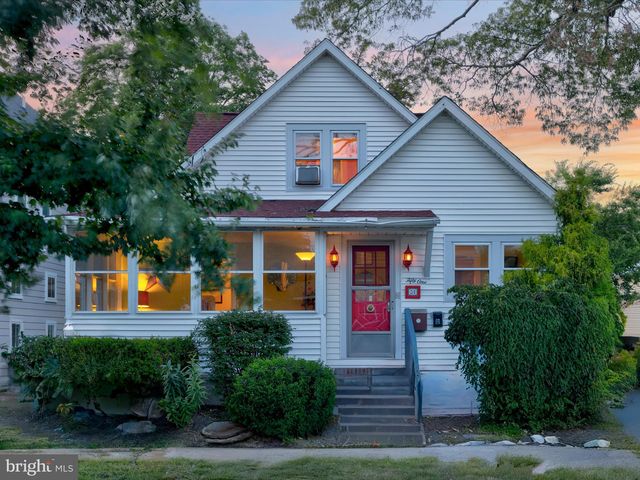The real estate developer described the accusations as misleading, exaggerated, and damaging to its long-standing reputation in Ghana’s housing sector.
In an official statement issued by its management on Monday, June 23, Rehoboth Estate clarified that it does not directly manage electrical installations at the estate.
Instead, it engages third-party contractors to construct houses, with each responsible for their own utility connections.
The company further distanced itself from a block factory implicated in the allegations, asserting that it is independently owned and had applied for electricity connection directly through the Electricity Company of Ghana (ECG).
The estate emphasized its significant private investment in electrification infrastructure—estimated at GHS 60 million—which included the installation of poles, wiring, and a transformer. According to Rehoboth Estate, these efforts were made without government subsidies and in compliance with ECG requirements.
“The scale of the alleged illegal connections has been grossly misrepresented,” the statement said.
Of the 400 housing units cited in media reports, 150 are still under construction and not connected to any power source. Many completed units are unoccupied, especially by Ghanaian diaspora clients.
Sompaonline.com

